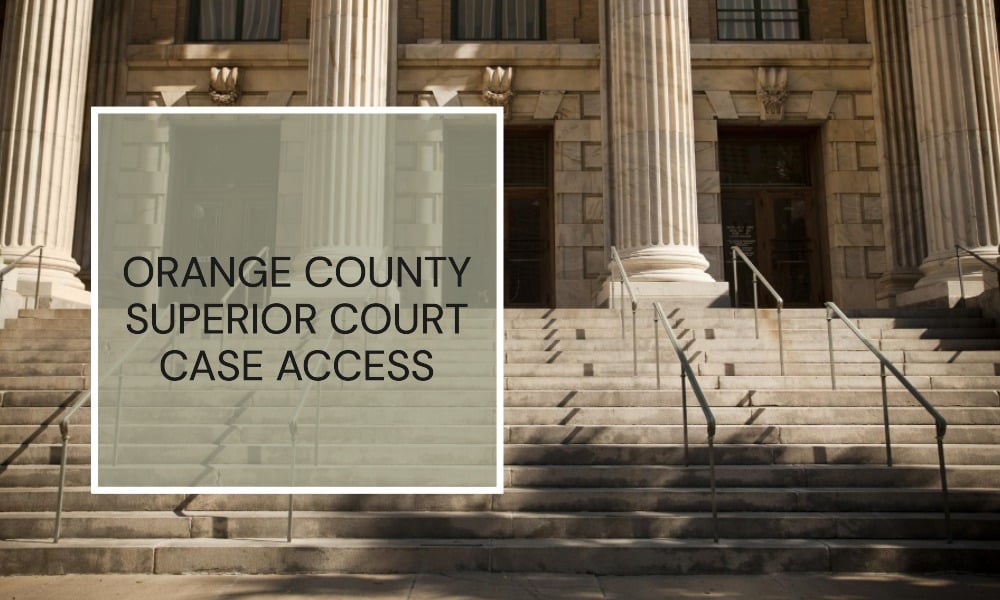In the age of the Internet, transparency in legal proceedings is not only an expectation but a right. One shining example of this is the Orange County Superior Court Case Access system. Through this lens, we’ll broaden our horizon to understand global perspectives on legal transparency, diving into the distinctions between state and federal laws, and the importance of access in an ever-globalizing world.
1. The Foundations of Legal Transparency
The concept of public trial has roots in the Magna Carta of 1215. Over the years, this idea has expanded, granting the public access to court records and proceedings in many jurisdictions globally. It’s built on the belief that transparency ensures accountability and fairness in the justice system.
2. Orange County’s Leap into the Digital Age
The Orange County Superior Court, situated in the heart of California, has transitioned its case access system online, granting digital access to various court records. This move mirrors a global trend towards digitization, enhancing accessibility and ensuring timely availability of records.
3. Federal vs. State Laws: The Balancing Act
In the U.S., while federal law sets the baseline for public access to court records, state laws can either broaden or narrow this access. California’s Public Records Act, for instance, ensures a wide berth of access with certain privacy restrictions. This dual system is not unique to the U.S.; many federal nations, such as Australia and Canada, exhibit similar dynamics.
4. Global Perspectives on Legal Access
- The UK: The UK boasts an online case access system, though it’s more restricted than its U.S. counterparts.
- India: Here, online databases offer selective case records, primarily for higher courts.
- South Africa: A developing system, with an emphasis on digitizing records for improved accessibility.
5. The Roadblocks to Digital Transition
Not all transitions are smooth. Concerns over privacy, especially in cases involving minors or sensitive matters, are universal. Additionally, technical challenges and the fear of misinterpretation loom large.
6. Notable Cases & Trends
The Right to be Forgotten: This European principle, focusing on privacy and data protection, poses challenges for online case access systems. How does one balance the right to privacy with the right to know?
WikiLeaks and the Push for Transparency: The global debate over Julian Assange’s WikiLeaks underscores the complex interplay between public interest, national security, and legal transparency.
7. Practical Advice for Navigating Online Access
- Always cross-reference multiple sources for accuracy.
- Respect privacy guidelines and refrain from unauthorized sharing of sensitive information.
- Understand the limitations of online databases; not all cases or details may be available.
Conclusion
The Orange County Superior Court Case Access serves as an emblem of a broader global move towards legal transparency. As we move further into the digital age, the delicate balance between accessibility and privacy will continue to be a pivotal point of discussion in legal circles and beyond.
FAQ Section:
-
How secure are these online case access systems?
- Most employ stringent security measures, but as with all online platforms, they aren’t immune to breaches.
-
Why are some cases not available online?
- Reasons can vary from privacy concerns to the age of the record or jurisdictional restrictions.
-
Can I use information from these databases in publications?
- Generally, yes, but always respect privacy laws and cite appropriately.

